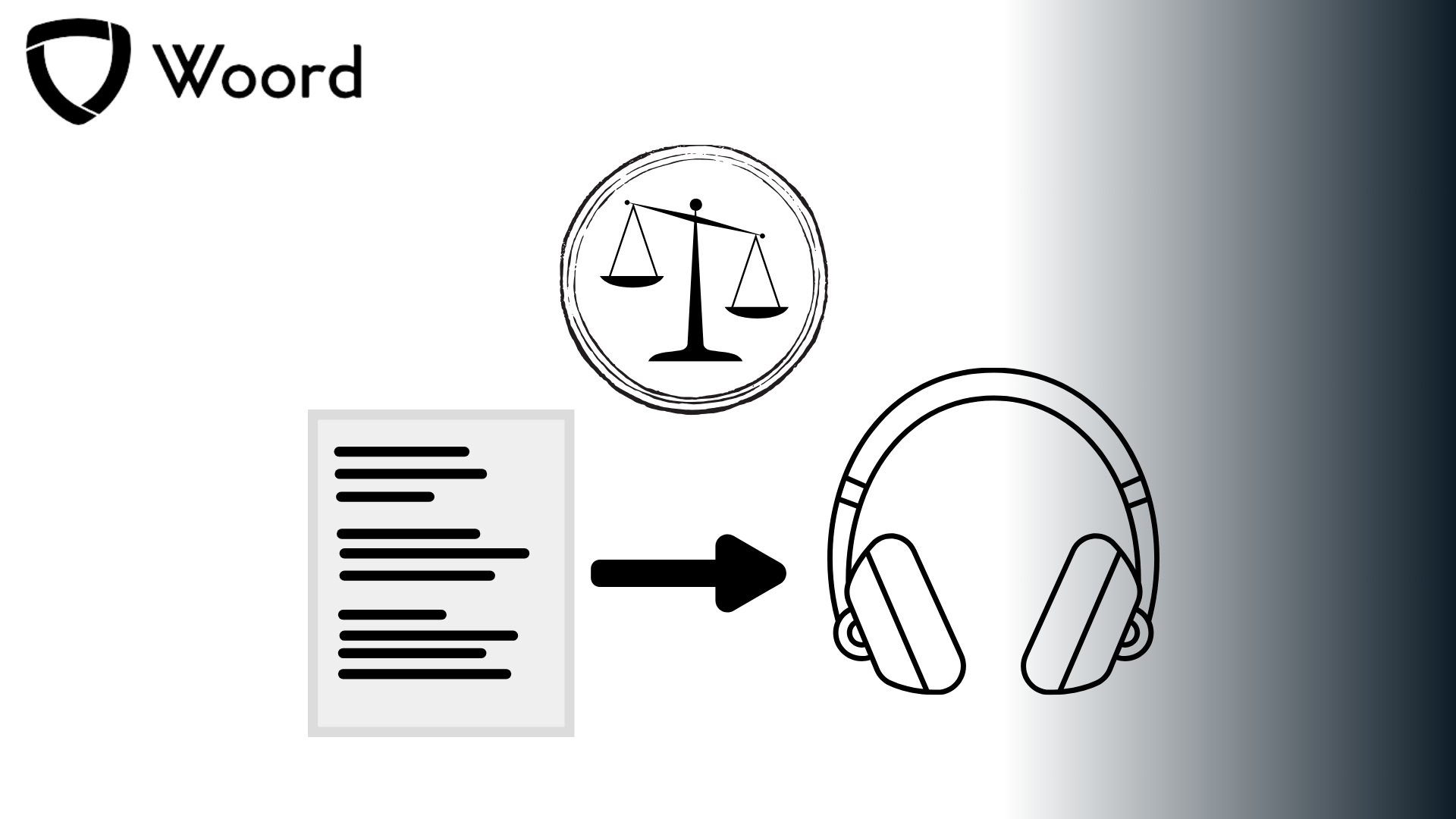Speechify or Woord: Pros and Cons

In the realm of text-to-speech (TTS) technology, Speechify and Woord stand out as two of the most popular options. These tools convert written text into spoken words, making content more accessible and engaging for various users. Whether you're a content creator, educator, or someone who benefits from audio content, understanding the pros and cons of Speechify and Woord can help you choose the best TTS tool for your needs. Let's dive into a detailed comparison.
Introduction to Text-to-Speech Technology
Text-to-speech technology has transformed the way we consume written content. From reading emails and articles to aiding those with reading disabilities, TTS tools offer a versatile solution. Speechify and Woord are among the leading TTS tools, each offering unique features designed to enhance the user experience.
Speechify: The Pros
Speechify is known for its user-friendly interface and a range of features aimed at providing a seamless TTS experience. Here are some of the key advantages of using Speechify:
High-Quality Voices
Speechify offers a variety of natural-sounding voices that make listening to content pleasant and engaging. The high-quality voices ensure that users do not experience the robotic monotony often associated with TTS tools.
Multi-Device Syncing
One of Speechify’s standout features is its ability to sync across multiple devices. This means you can start listening to a document on your phone and continue on your laptop without any hassle. This feature is particularly useful for users who are constantly on the move.
Easy-to-Use Interface
Speechify’s interface is designed to be intuitive, making it accessible even to non-tech-savvy users. The setup process is straightforward, and users can start converting text to speech within minutes.
Speechify: The Cons
Despite its many benefits, Speechify does have some drawbacks that potential users should consider:
Limited Customization
While Speechify offers high-quality voices, it lacks advanced customization options. Users who need more control over speech output, such as adjusting intonation and pauses, might find Speechify limiting.
Pricing
Speechify’s premium subscription can be pricey for some users. While the free version provides basic features, accessing the full range of functionalities requires a subscription, which might not fit everyone's budget.
Which One Should You Choose?
Choosing between Speechify and Woord ultimately depends on your specific needs and preferences. If you value a straightforward, easy-to-use interface with high-quality voices, Speechify might be the better choice. Its multi-device syncing feature also makes it ideal for users who need to switch between devices frequently.
On the other hand, if you require advanced customization, wider language support, and API access for integration into various applications, Woord stands out as the superior option. Its SSML support allows for a highly personalized TTS experience, which is beneficial for professional use.

Woord: The Pros
Woord is another powerful TTS tool that offers several advantages, particularly for users seeking advanced features and flexibility. Here are some of the key benefits of using Woord:
Wide Language Support
Woord supports a vast array of languages and dialects, making it a versatile tool for international users. This wide language support ensures that users can find a voice that suits their specific needs.
SSML Support
Speech Synthesis Markup Language (SSML) allows users to have greater control over the speech output. With SSML, users can adjust the pronunciation, pitch, speed, and emphasis, making the speech sound more natural and personalized.
API Access
Woord provides robust API access, which is a significant advantage for developers. This allows for easy integration of TTS capabilities into various applications, enhancing functionality and user experience.
Woord: The Cons
Like any tool, Woord also has its downsides. Here are some cons to consider:
Learning Curve
While Woord offers advanced features, it can be a bit overwhelming for new users. The SSML customization and API integration might require some learning, which can be a drawback for those looking for a quick and simple solution.
Variable Voice Quality
Although Woord provides a range of voices, some users have noted that the quality can vary. Finding the perfect voice might require some trial and error, which can be time-consuming.
Conclusion
Both Speechify and Woord offer unique advantages that cater to different user needs. Speechify is great for those looking for a simple and intuitive TTS tool with excellent voice quality, while Woord excels in customization and developer-friendly features. By understanding the pros and cons of each, you can make an informed decision that best suits your requirements.
For those interested in exploring advanced TTS capabilities, consider trying Woord to experience its robust features and flexibility. Whether you’re a developer, educator, or content creator, Woord provides the tools you need to enhance your audio content.
